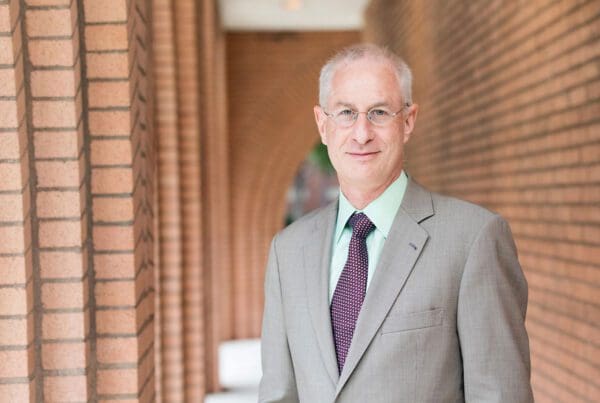A new study, written by Morgan Levine PhD ’15 (now a postdoctoral fellow at UCLA) and USC University Professor and AARP Professor of Gerontology Eileen Crimmins, highlights possible genetic factors for resisting environmental stressors found in exceptionally long-lived smokers.
The article was published September 9, 2015, in Journals of Gerontology, Series A: Biological Sciences & Medical Sciences and was featured in the Washington Post the following day. A genome-wide association study revealed that smokers who surpassed age 80 despite heavy exposure to the environmental stressors of smoking may have genes that help minimize and/or reverse the damage caused by smoking.
“There is evidence that these genes may facilitate lifespan extension by increasing cellular maintenance and repair,” Levine explained in the Washington Post article.





